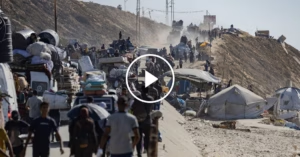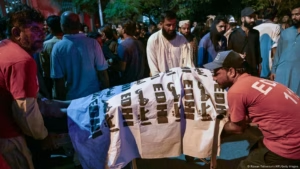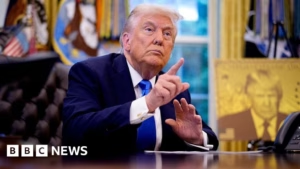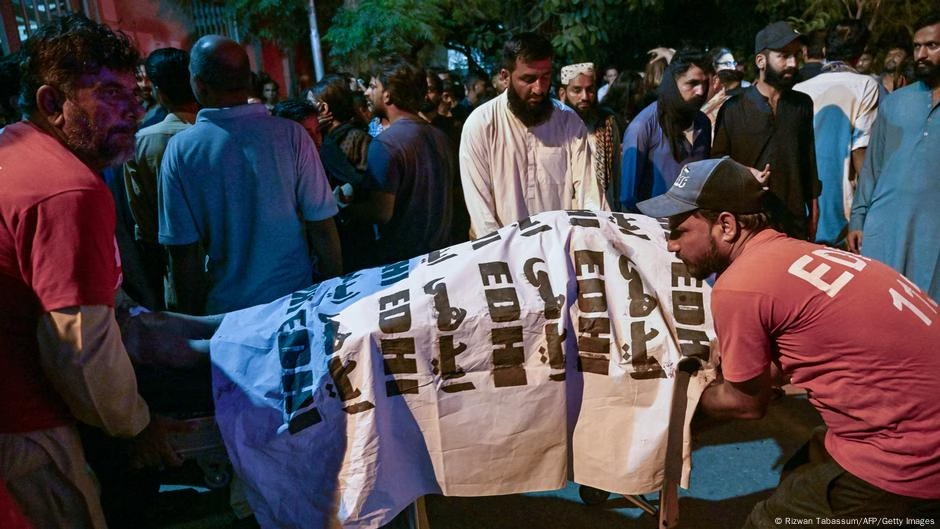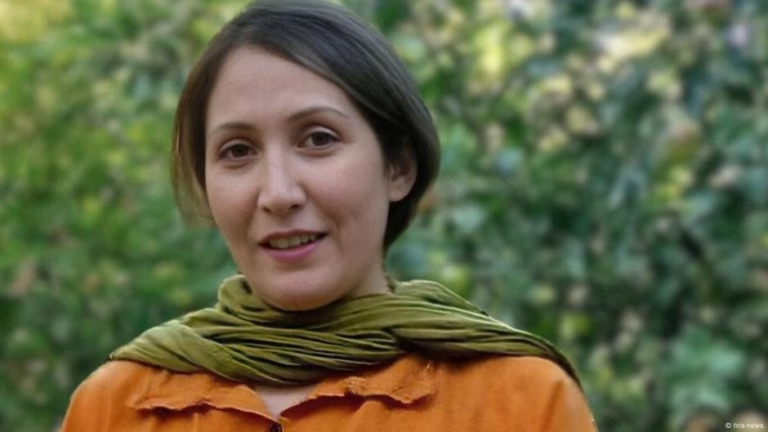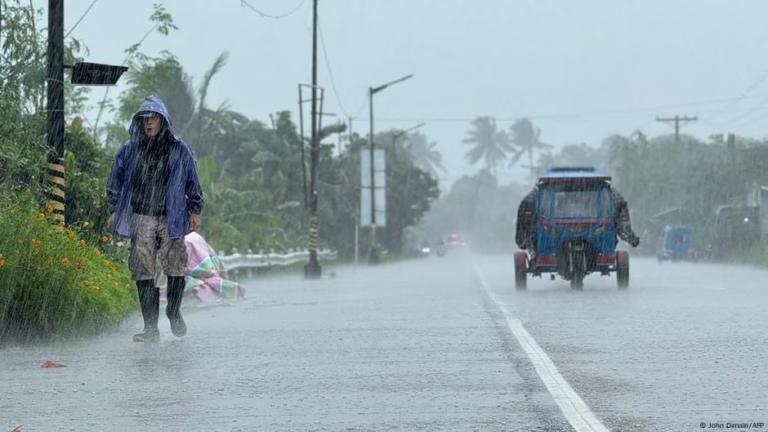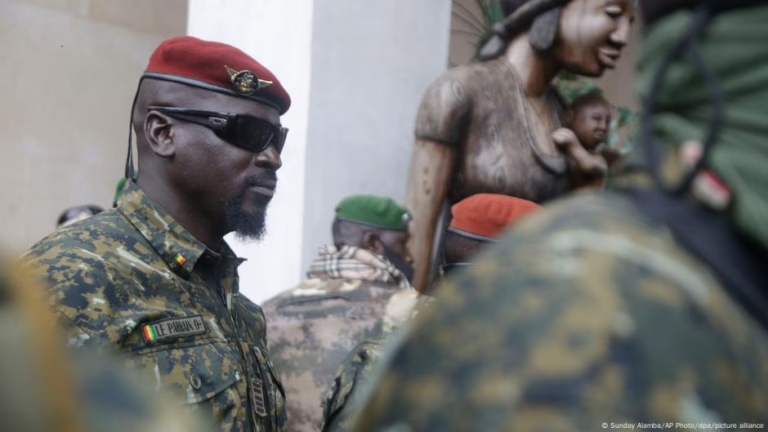The victims, whose bodies were found on a roadside on Sunday, appeared to have been shot at close range, and were later buried in a local graveyard.
Murad Ali Shah, chief minister of Pakistan’s southeastern Sindh province, ordered a probe into the shooting, stating that “transgender [people] are an oppressed section of society,” and calling for “dignity and respect” for them.
Pakistan: Second attack on transgender people in one week
Although the precise motive behind the murders is unclear, another transgender woman was seriously injured in a knife attack at Karachi’s popular Sea View Beach just days prior.
Pakistan’s Gender Interactive Alliance has called the back-to-back tragedies a sign of systematic targeting, demanding arrests, a dedicated police protection unit for transgender people, and greater public solidarity.
“This is not just about individual killings; it is an attempt to terrorize and silence an entire community,” they stated.
Shahzadi Rai, a trans activist and government-appointed local councilor in Karachi, told AFP that “when hate speech and campaigns are carried out so openly, outcomes like this are inevitable,” and that “deep-rooted hatred against transgender people persists in our society,” despite support from the state and police.
Karachi: Transgender community protests
On Sunday, Pakistan’s transgender community protested outside Karachi’s state-run Jinnah Hospital, where the autopsies were performed. They threatened nationwide demonstrations if the perpetrators are not identified and brought to justice.
Bindiya Rana, a transgender rights activist, told the Associated Press that such targeted violence is unfortunately an established problem in society.
Pakistan’s 2018 Transgender Rights Act was initially seen as a progressive move, but religious groups opposed it, arguing it went against Islamic law, and a sharia court later revoked key provisions.
Edited by: Karl Sexton
